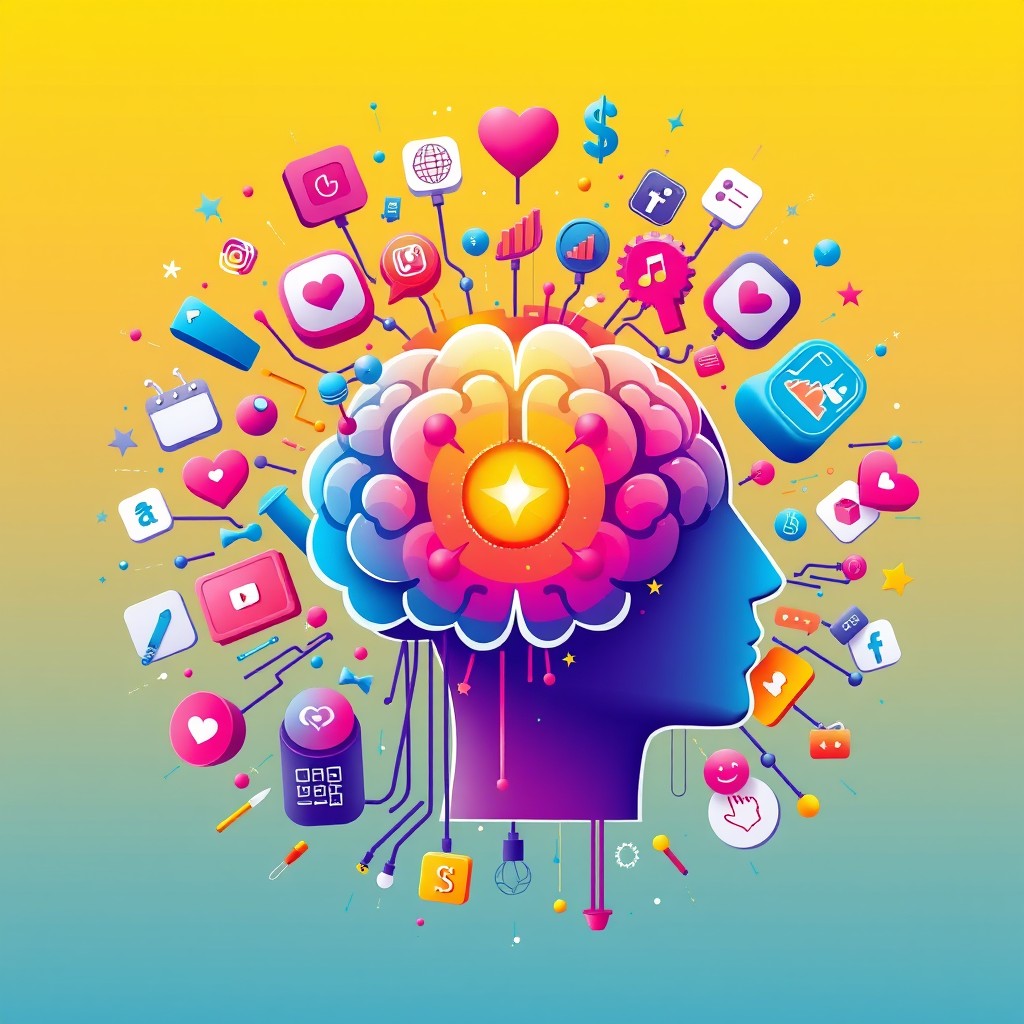Influencer marketing has become a real game changer in recent years. Brands rely on the reach and authenticity of influencers to address their target groups directly. But now a new dimension comes into play: artificial intelligence. Technologies such as generative models and deepfakes are changing the game, offering both exciting possibilities and some stumbling blocks.
What are generative models and deepfakes?
Contents
Generative models are basically AI tools that can create new content, be it images, text, or videos. Deepfakes use this technology to produce extremely realistic media. In influencer marketing, this means that influencers can create content that doesn’t necessarily come from their own hands, but still accurately reflects the feel and style of their brand.
Opportunities through AI in influencer marketing
The potential here is huge. Imagine if influencers could use AI to generate impressive videos or posts without having to be the center of attention all the time. Not only does this save time, but it also opens up creative possibilities that we might not have imagined before.
Additionally, AI tools can help influencers better understand their followers. Through data analysis, they can see which content is well received and what is currently trending. This allows them to communicate in a more targeted way and place their messages effectively.
Challenges and risks
But of course, where there is light, there is also shadow. The use of deepfakes raises some questions: How authentic is content if it does not come from real people? Consumers value truthful communication, and brands need to be careful not to jeopardize those values.
Another risk is the misuse of deepfakes to spread false information. If such technologies fall into the wrong hands, trust in brands can quickly be damaged. It is therefore important to establish clear rules for the use of these technologies.
Best Practices for Using AI in Influencer Marketing
To gain consumer trust, brands and influencers should be honest about the use of AI. Transparency is key: If content has been created with the help of AI, this should be clearly recognizable.
In addition, legal aspects should not be ignored. Data protection and copyright must always be kept in mind to avoid possible problems.
Outlook for the future
The future of influencer marketing will be strongly influenced by AI. We can look forward to seeing what new creative approaches will develop and how the industry will adapt. It is an exciting time in which we are all challenged to keep up with the changes.
AI can really take influencer marketing to a new level – both positive and challenging. It is up to all of us to use these technologies responsibly and not lose sight of authenticity. Let’s think together about how we can shape this change. Share your thoughts and experiences – this is the only way we can find the best ways into the future of influencer marketing.
